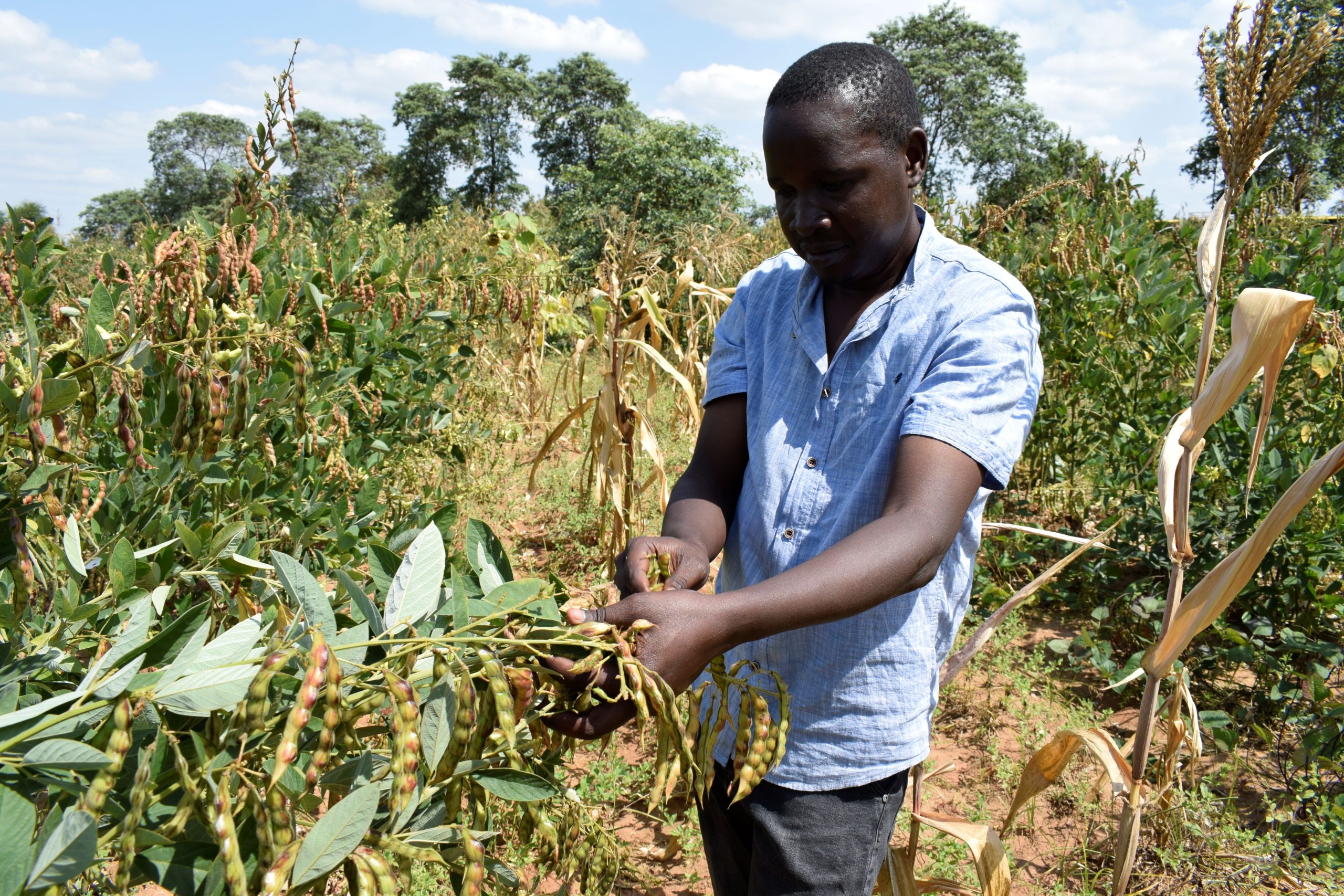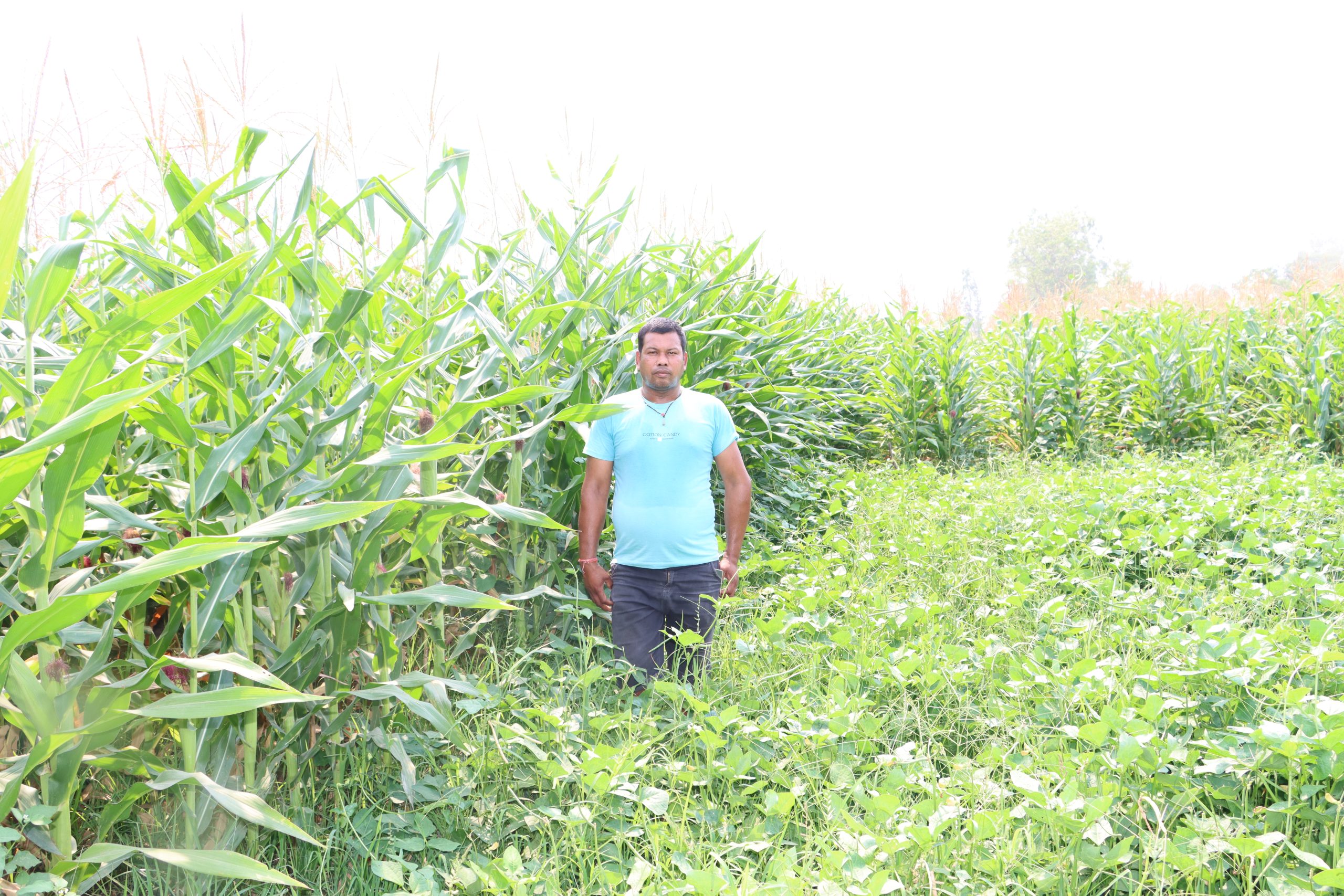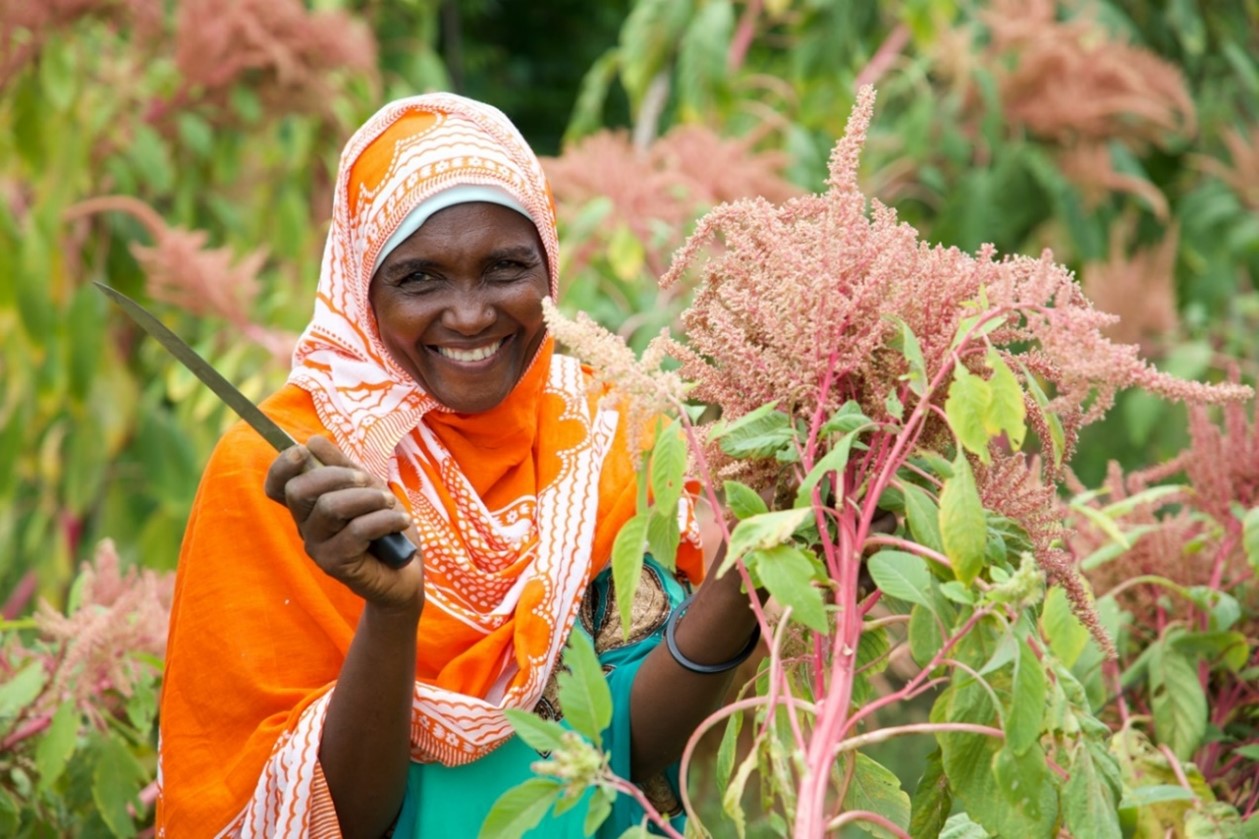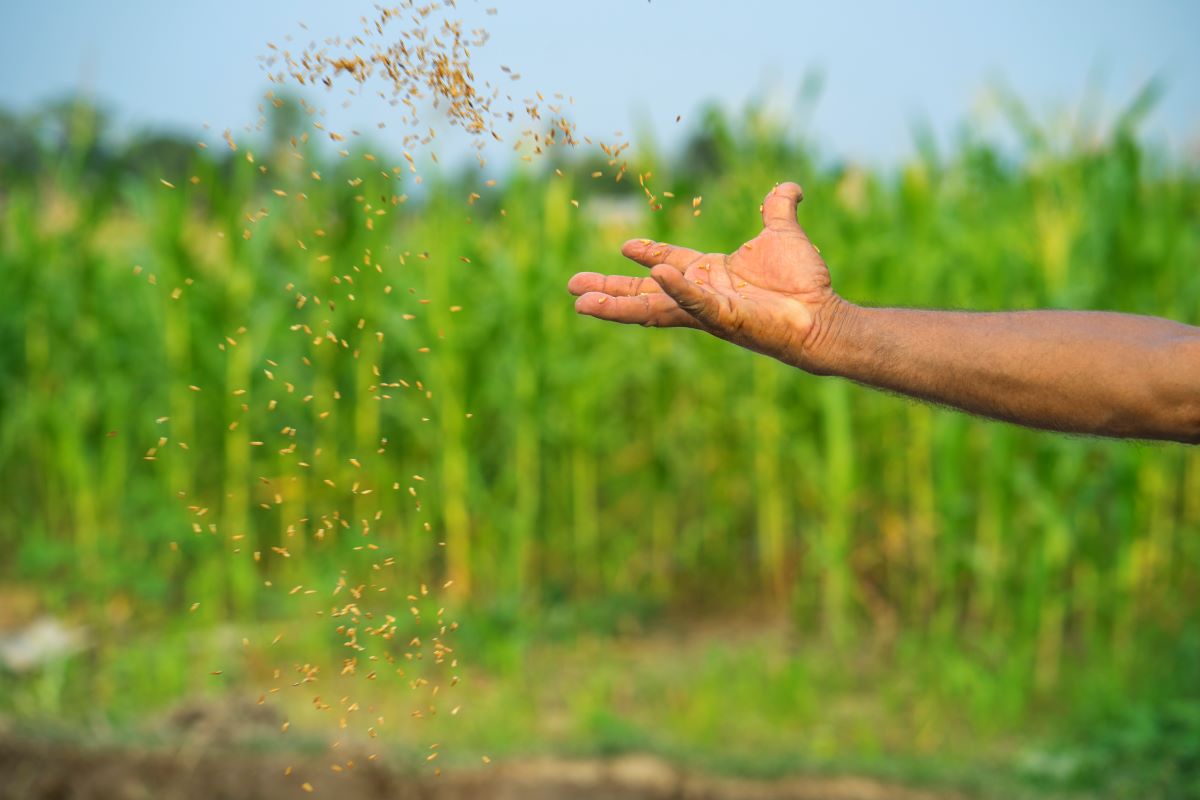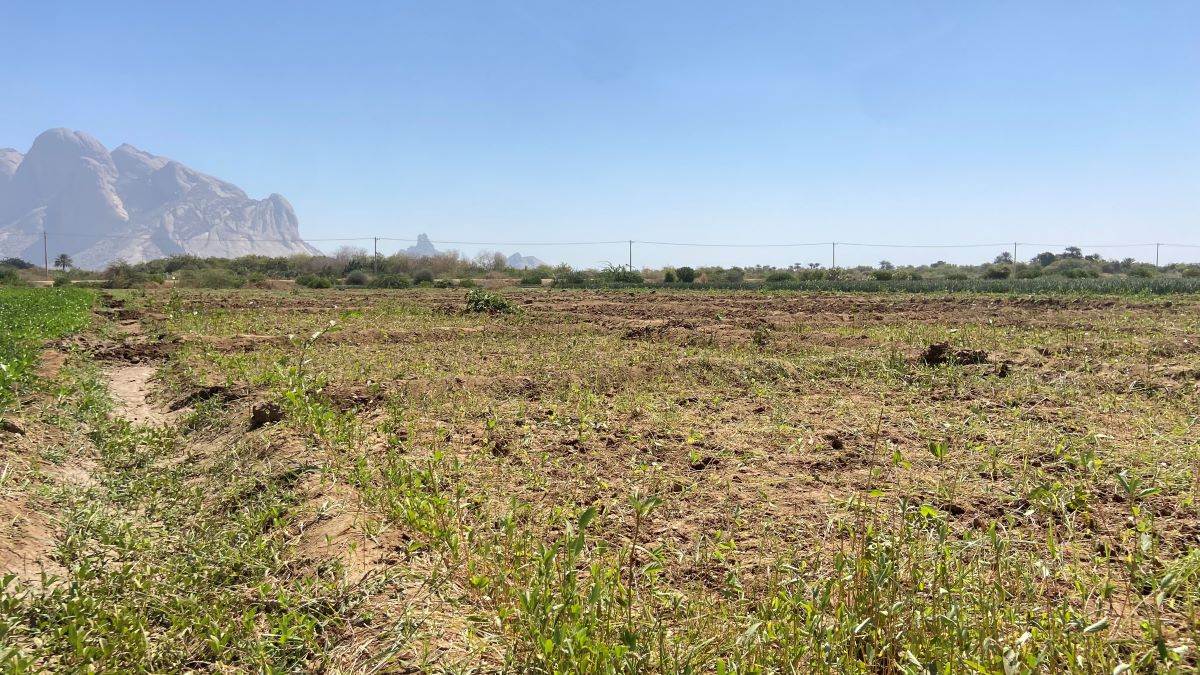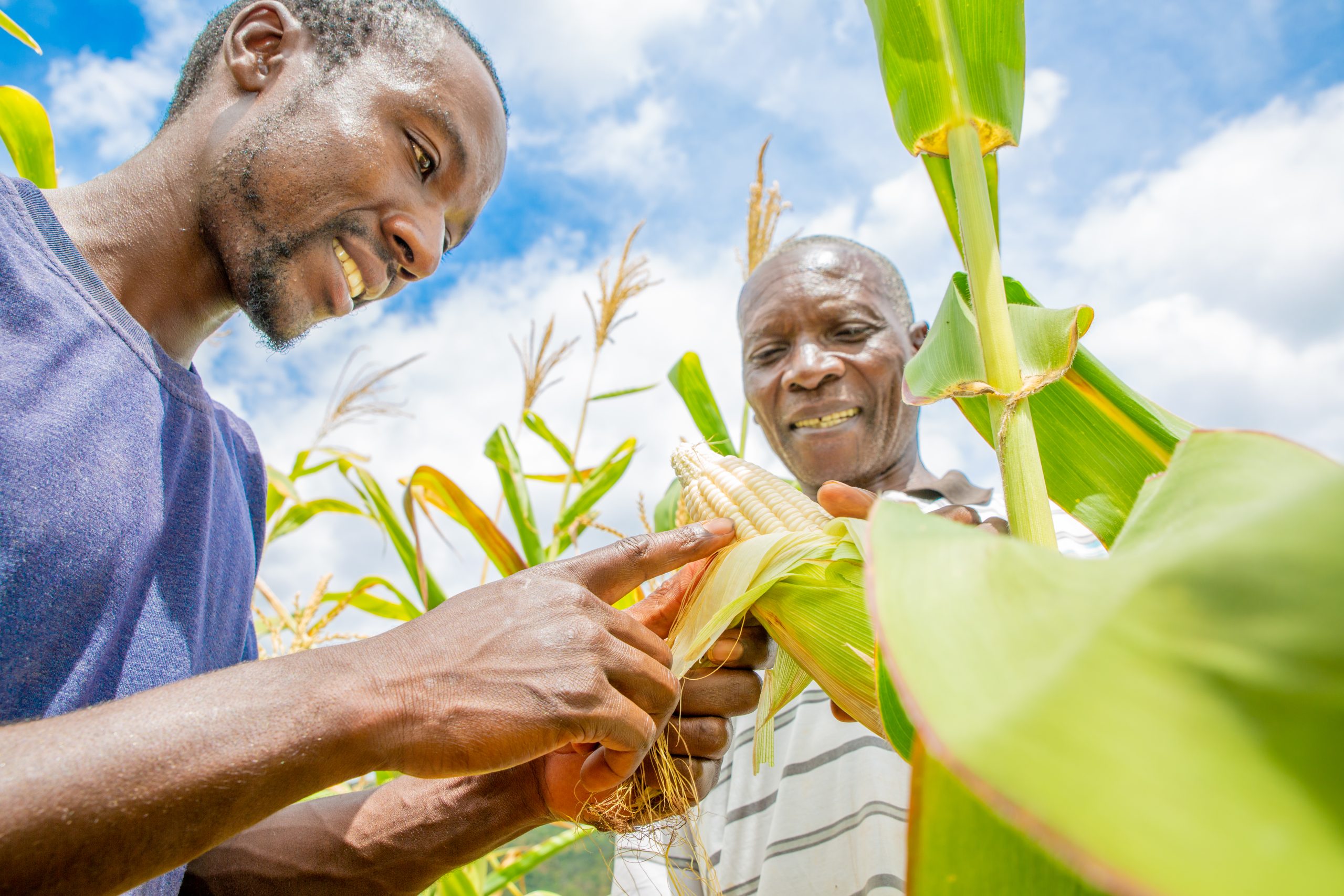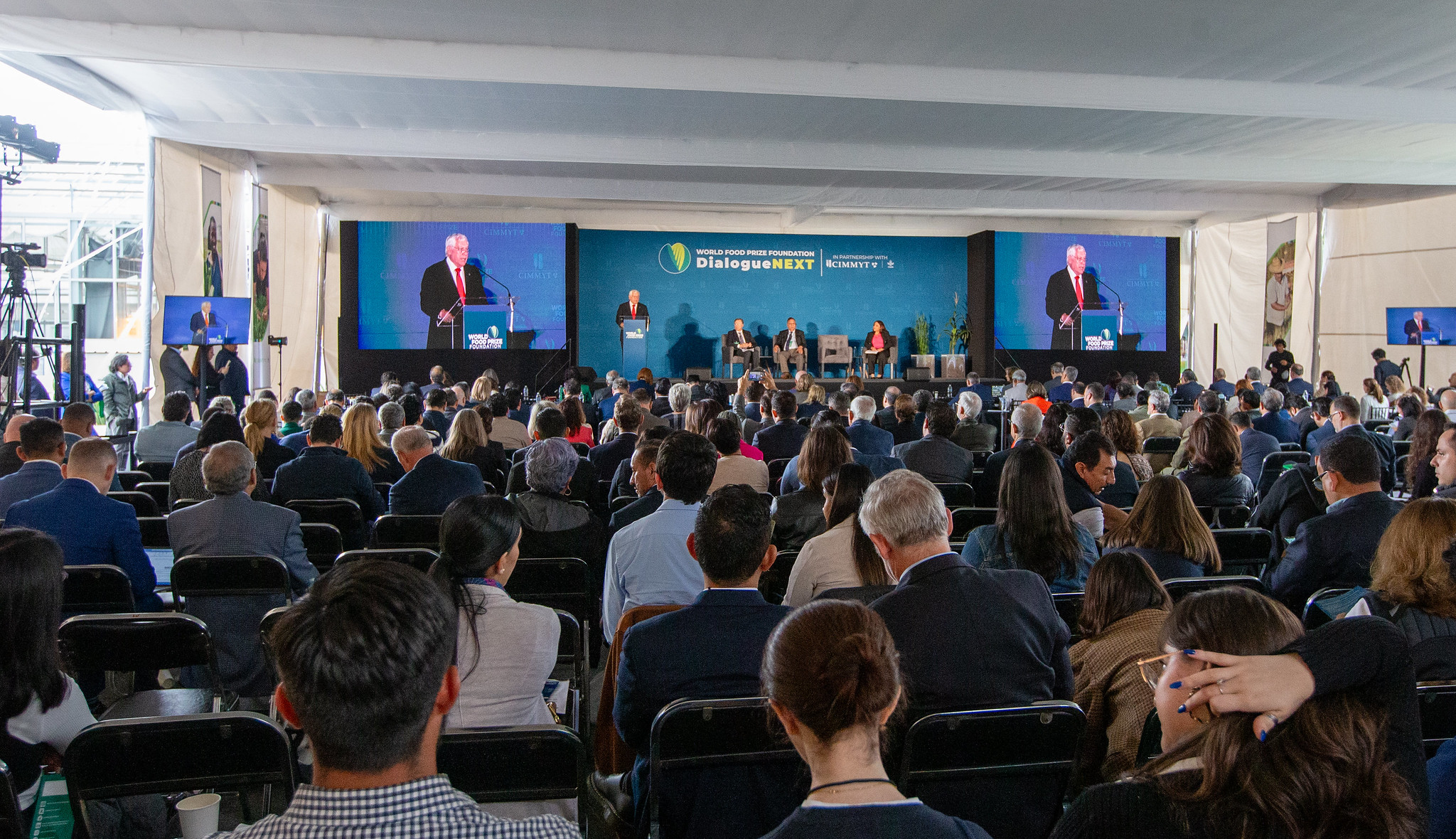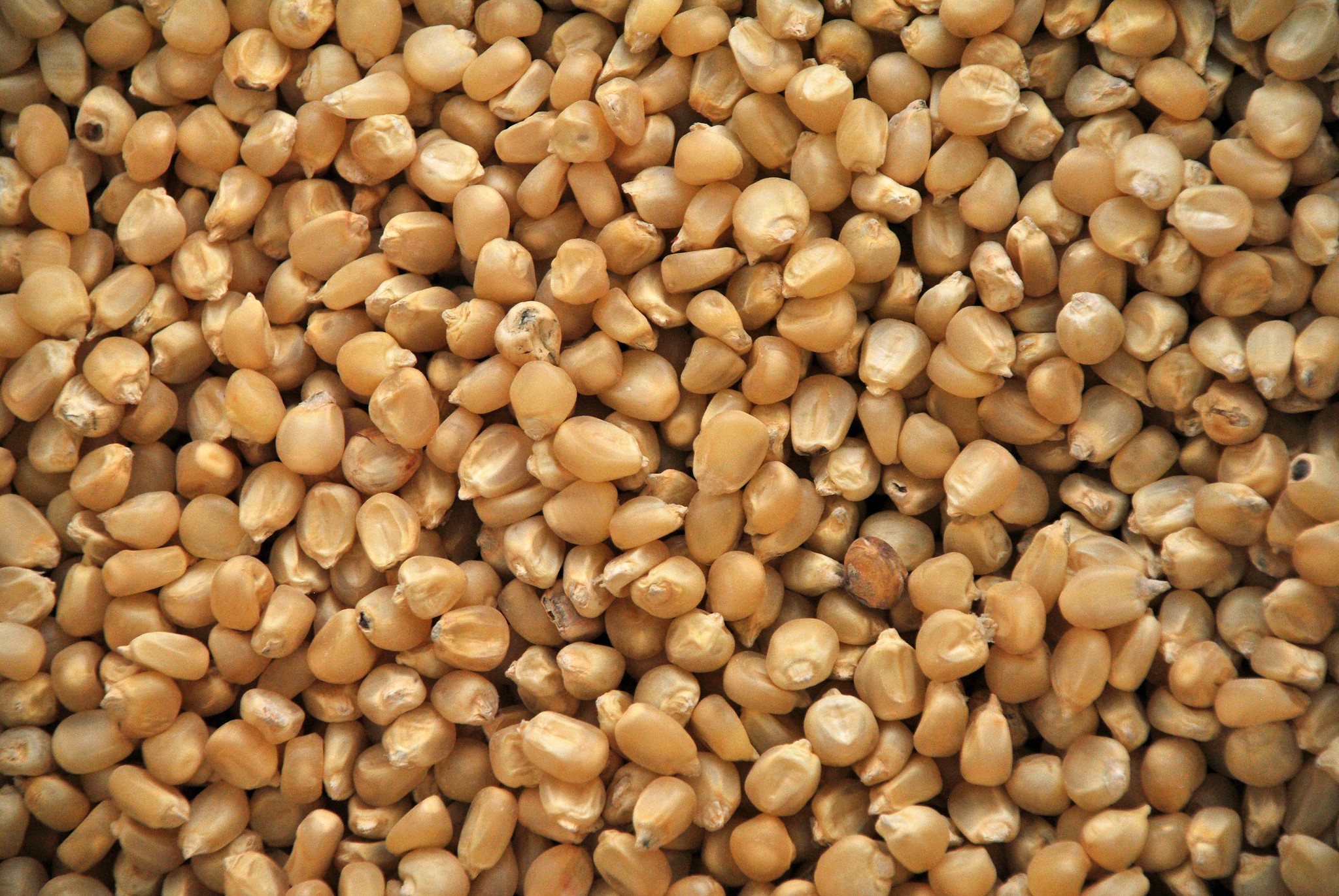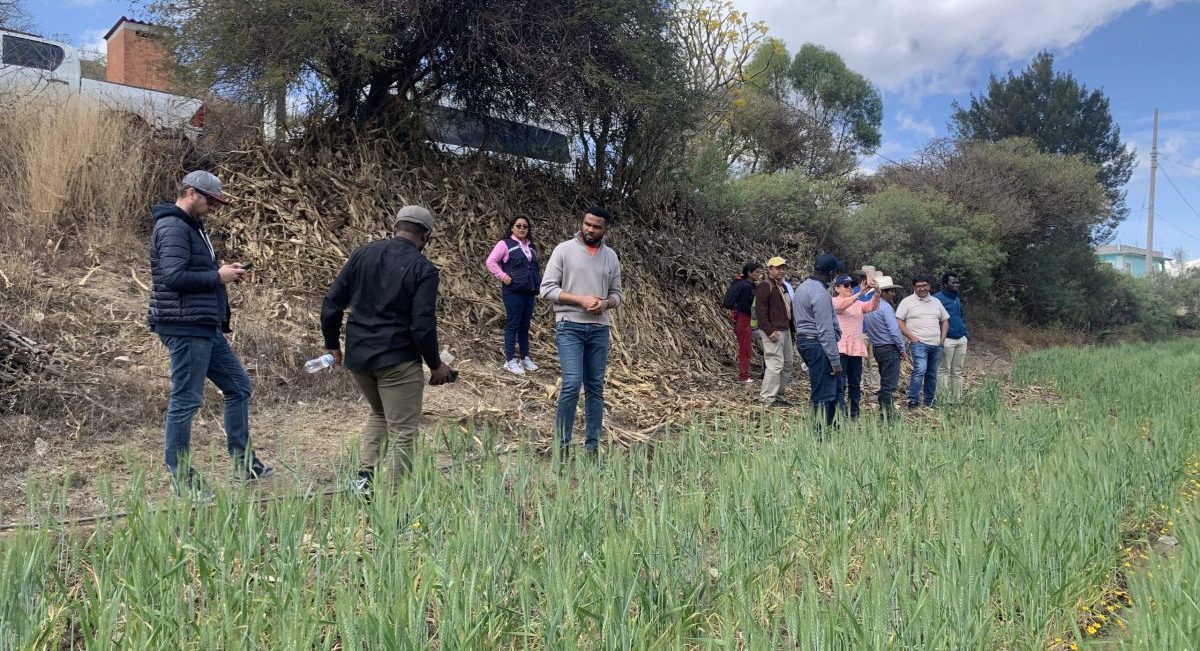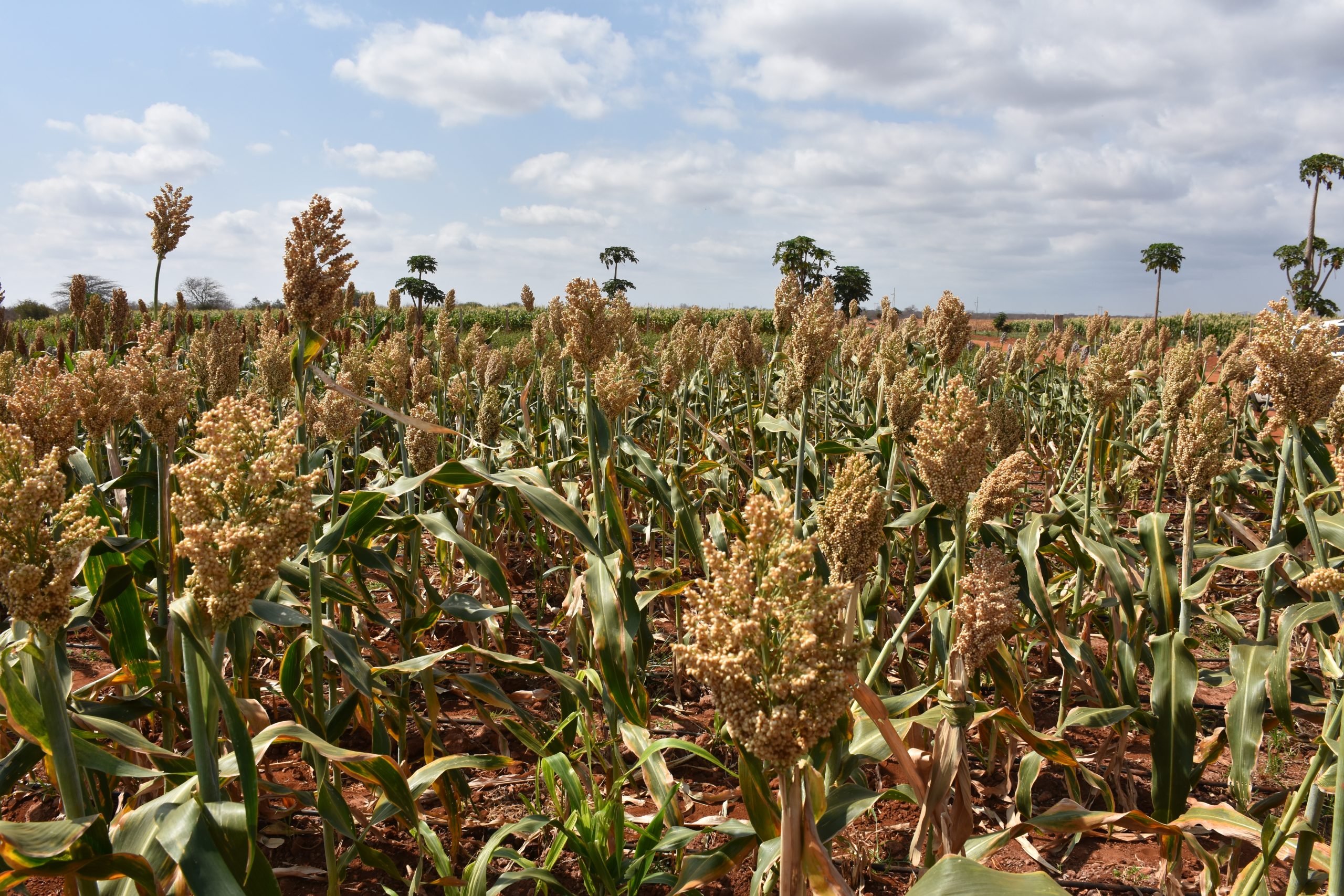Capacity development
CIMMYT training courses play a critical role in helping international researchers meet national food security and resource conservation goals. By sharing knowledge to build communities of agricultural knowledge in less developed countries, CIMMYT empowers researchers to aid farmers. In turn, these farmers help ensure sustainable food security. In contrast to formal academic training in plant breeding and agronomy, CIMMYT training activities are hands-on and highly specialized. Trainees from Africa, Asia and Latin America benefit from the data assembled and handled in a global research program. Alumni of CIMMYT courses often become a significant force for agricultural change in their countries.
CIMMYT’s Matthew Reynolds receives 2024 China Friendship Award
 Capacity development
Capacity development
The award recognizes Reynold’s innovative contribution to crop science and his role in promoting cooperation between CIMMYT and China
Machakos farmer reaps prosperity with new pigeon pea variety
 Capacity development
Capacity development
Festus Muthoka’s story reflects broader efforts in the agricultural community to introduce more resilient crop varieties that meet the needs of farmers in challenging environments
The Sudan Food Security Initiative: Helping Farmers Produce High-Quality Seed Varieties
 Capacity development
Capacity development
CIMMYT’s SASAS program boosts food security in conflict-affected Sudan by introducing high-yielding sorghum varieties through demonstration fields. Part of the Sudan Food Security Initiative (SFSI), it strengthens informal seed systems and helps farmers increase yields.
SASAS and partners use the Mega Demonstration Protocol with mother and baby trials in 10 villages in Kassala State to promote drought-tolerant sorghum adoption.
CIMMYT Director General visit to UQ
 Capacity development
Capacity development
Source: The University of Queensland ()
CIMMYT Director General Bram Govaerts’ visit to UQ strengthened a long-standing partnership focused on advancing sustainable agriculture and food security
Harnessing the benefits of commercial agriculture
 Capacity development
Capacity development
From being a subsistence farmer to engaging in commercial farming, from relying on traditional methods to improved farming technologies, Rajendra Kathariya has made a positive impact on himself and his family’s quality of life
Empowering women in Zanzibar: the transformative impact of amaranth farming
 Capacity development
Capacity development
Training on agricultural practices for alternative crops is expanding farming opportunities for women, securing nutrition and financial security for their families and communities
Driving innovation through digital agriculture: Digital Ag Nepal, 2024
 Capacity development
Capacity development
The two-day event aimed to explore gaps between technology and agriculture and propose digital solutions to promote sustainable development and enhance food security in Nepal. Experts from around the world shared emerging technologies, innovations and learning to help bridge the divide
World Food Prize Foundation Recognizes CIMMYT Experts as Agri-Food Pioneers in the 2024 TAP List
 Capacity development
Capacity development
CIMMYT’s Sylvanus Odjo and Marianne Bänziger are named among the World Food Prize Foundation’s 2024 Top Agri-food Pioneers for their contributions to sustainable agriculture.
How Training Farmers to Produce Improved Seeds helps Mitigating Food Insecurity in the Conflict-Ridden Sudan
 Capacity development
Capacity development
Working with partners, CIMMYT’s Sustainable Agrifood Systems Approach for Sudan (SASAS) program empowers farmers and herders to reduce the need for humanitarian assistance even in conflict-affected Sudan
Enhancing the resilience of our farmers and our food systems: global collaboration at DialogueNEXT
 Capacity development
Capacity development
CIMMYT and the World Food Prize Foundation co-organized DialogueNEXT—Seeds of strength: Nurturing farmer resilience, held at CIMMYT headquarters in Mexico from 10 to 11 July 2024. The event brought together scientists, agribusiness leaders, farmers, and policymakers from over 200 organizations and 55 nations, to help shape global collaboration and strategies for sustainably producing nutritious food for all, within planetary boundaries.
CIMMYT scientists deliver training to improve agriculture in Uzbekistan
 Capacity development
Capacity development
Agricultural scientists from Uzbekistan completed training on genetic resources and gene banks in Türkiye to build research cooperation and enhance agricultural knowledge across the region.
There’s an increasing interest for hubs in Mexico
 Capacity development
Capacity development
Under the umbrella of CGIAR’s initiative in Excellence in Agronomy, worldwide experts are coming to Mexico to learn more about the hubs’ methodology and how its scientific results are reaching farmers.
‘Rajaram – DCM Shriram Scholarship’ launched at DialogueNEXT conference
 Capacity development
Capacity development
Source: Business Line ()
It is aimed at fostering the next generation of agricultural scientists
Launch of a new Global Partnership for the Vision for Adapted Crops and Soils initiative
 Capacity development
Capacity development
FAO and CIMMYT team up to boost traditional nutrient-rich, climate-resilient crops and healthy soils to enhance diet quality for today and tomorrow.

